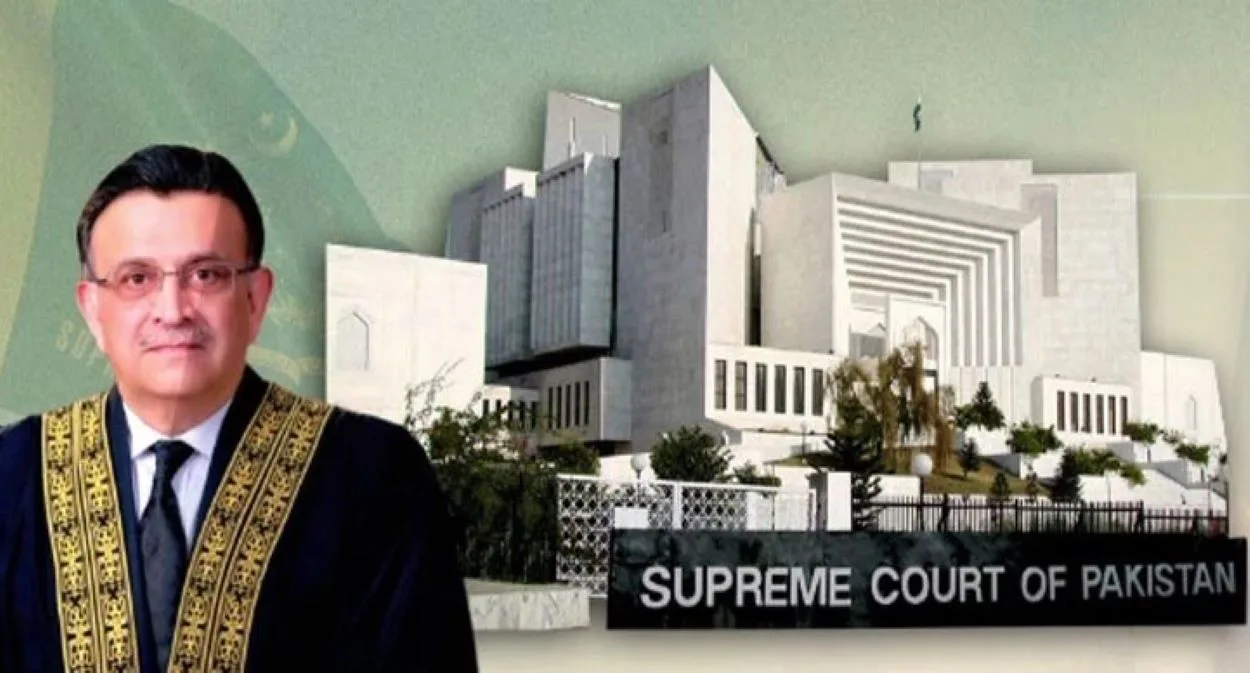Chief Justice of Pakistan (CJP) Umar Atta Bandial has contacted fellow judges to mend the rift and division within the judiciary.
The division within the Supreme Court of Pakistan has deepened due to the controversy surrounding the top court’s verdict on the election delay case in Punjab and Khyber Pakhtunkhwa (KP).
The government, fellow judges, and the KP Bar Council have questioned Chief Justice of Pakistan (CJP) Umar Ata Bandial’s “controversial” role in the matter, with Prime Minister Shehbaz Sharif and other politicians calling for his resignation.
In response, CJP Bandial has initiated a process to mend the divisions within the Supreme Court. He has been holding individual meetings with fellow judges to address the rift and foster unity among them. To further dispel the impression of differences and create consensus, the chief justice has formed benches for the upcoming week, including judges who had given dissenting notes in the Punjab election case.
Justice Yahya Afridi and Justice Athar Minallah will be part of CJP Bandial’s bench starting Monday. In addition, the bench will include Justice Qazi Faiz Isa, Justice Muhammad Ali Mazhar, Justice Mansoor Ali Shah, and Justice Ayesha Malik.
Last week, the Supreme Court nullified the Election Commission of Pakistan’s decision to delay polls until October and ordered snap polls in Punjab on May 14. However, Justice Minallah later issued a detailed order stating that the suo motu case was dismissed by a 4-3 majority. He also clarified that he agreed with Justice Afridi’s note on the dismissal and had no reason to dissociate himself from the case.
During the election delay case proceedings, a three-member larger bench headed by Justice Qazi Faez Isa ordered the postponement of all suo motu cases invoked under Article 184(3) of the Constitution. This order came until amendments were made in the Supreme Court Rules 1980 regarding the discretionary powers of the Chief Justice of Pakistan to form benches.
In his note on the suo motu case, Justice Isa argued that the Constitution of the bench was against the rules and could not disregard his bench’s majority order. He emphasized that decisions made under the shadow of autocracy could not displace the Constitution.
CJP Bandial’s efforts to resolve the division within the Supreme Court are crucial to maintain the institution’s credibility and ensure the judiciary’s fair and impartial functioning in Pakistan.






